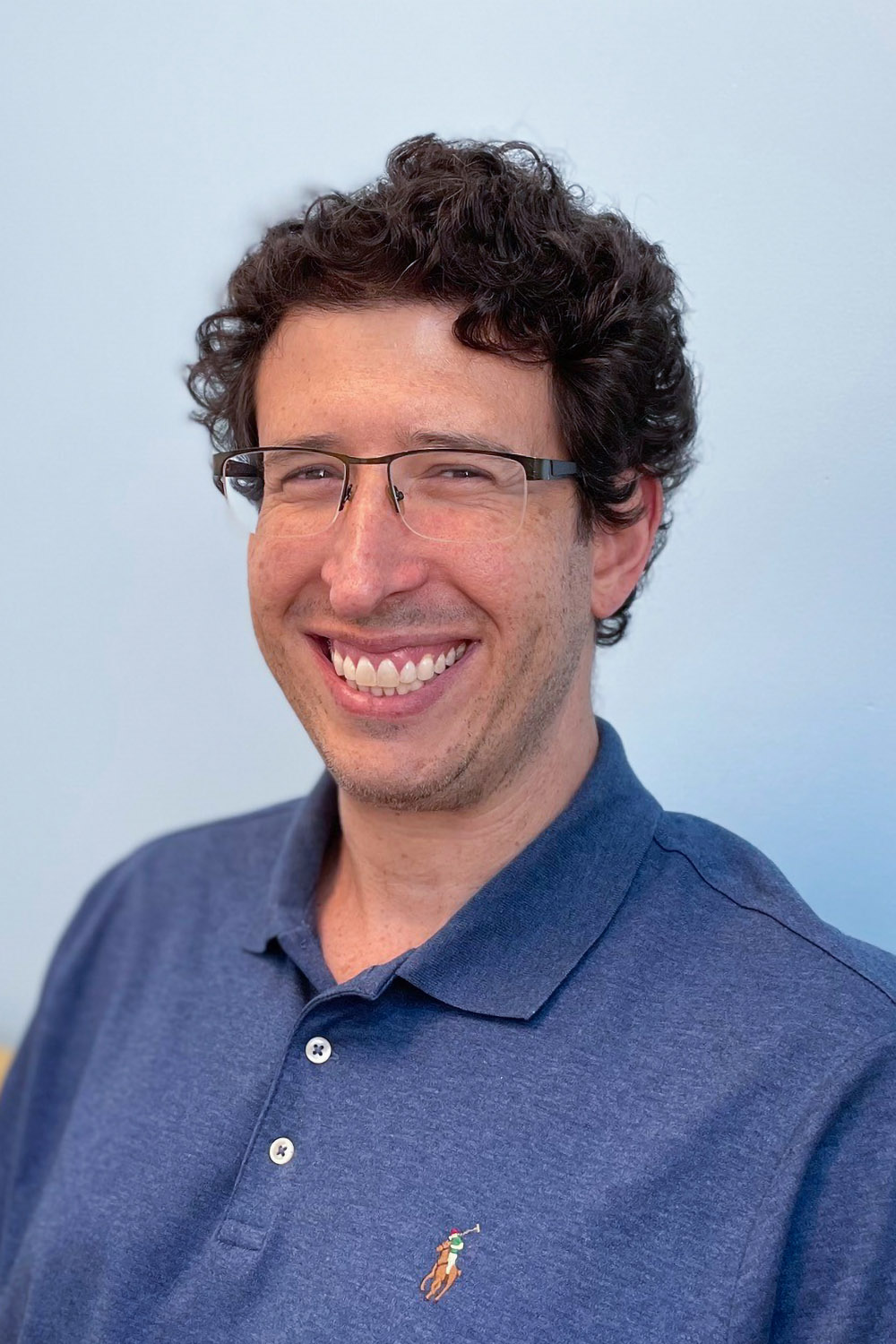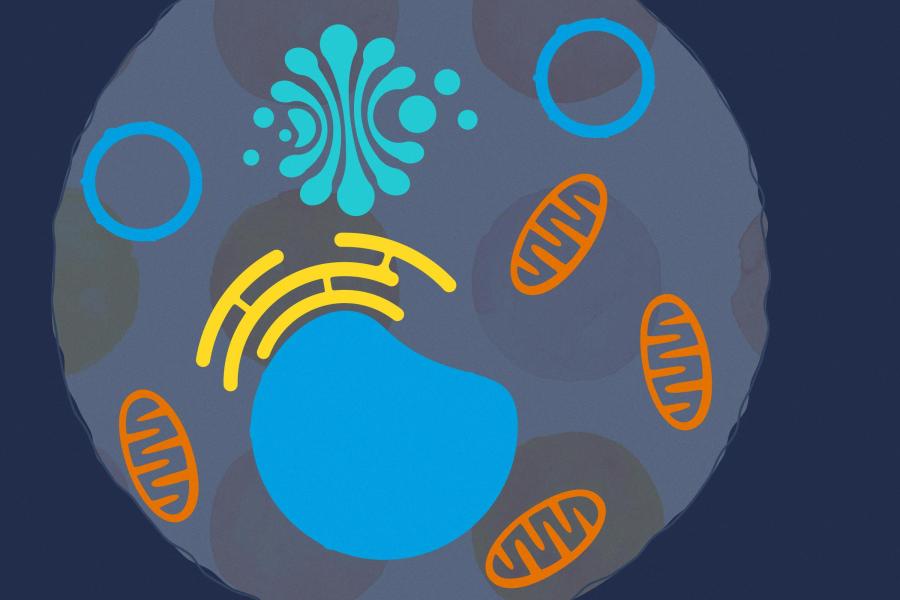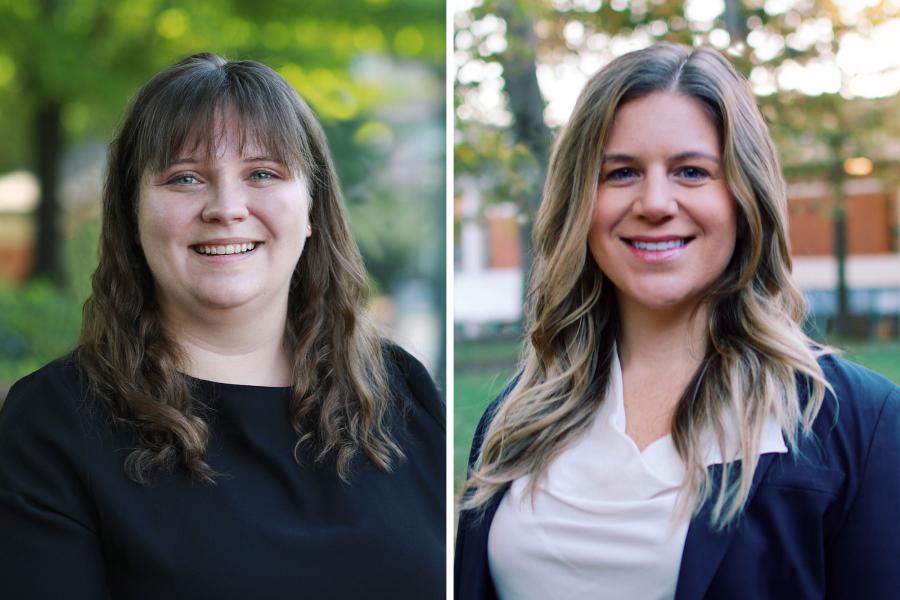For many students, math class is strictly about numbers – and boredom. The Virginia Department of Education has tasked a broad coalition of experts, including University of Virginia School of Data Science professor Adam Tashman, with changing that.
The Virginia Mathematics Pathways Initiative aims to develop a K-12 math curriculum for the 21st century. The goal is not only to keep students engaged, but also to better prepare them for life after graduation.
Tashman, who is helping design a new course in financial modeling, said Virginia public schools have been following a curriculum that’s outdated. “It’s [written] as if computers were never invented,” he explained. “It focuses on things that were necessary to win the space race against Russia, which is why there’s all the geometry and all the trigonometry. But it leaves a lot of people scratching their heads, thinking, ‘When will I ever use this if I’m not a physicist or an engineer?’”











